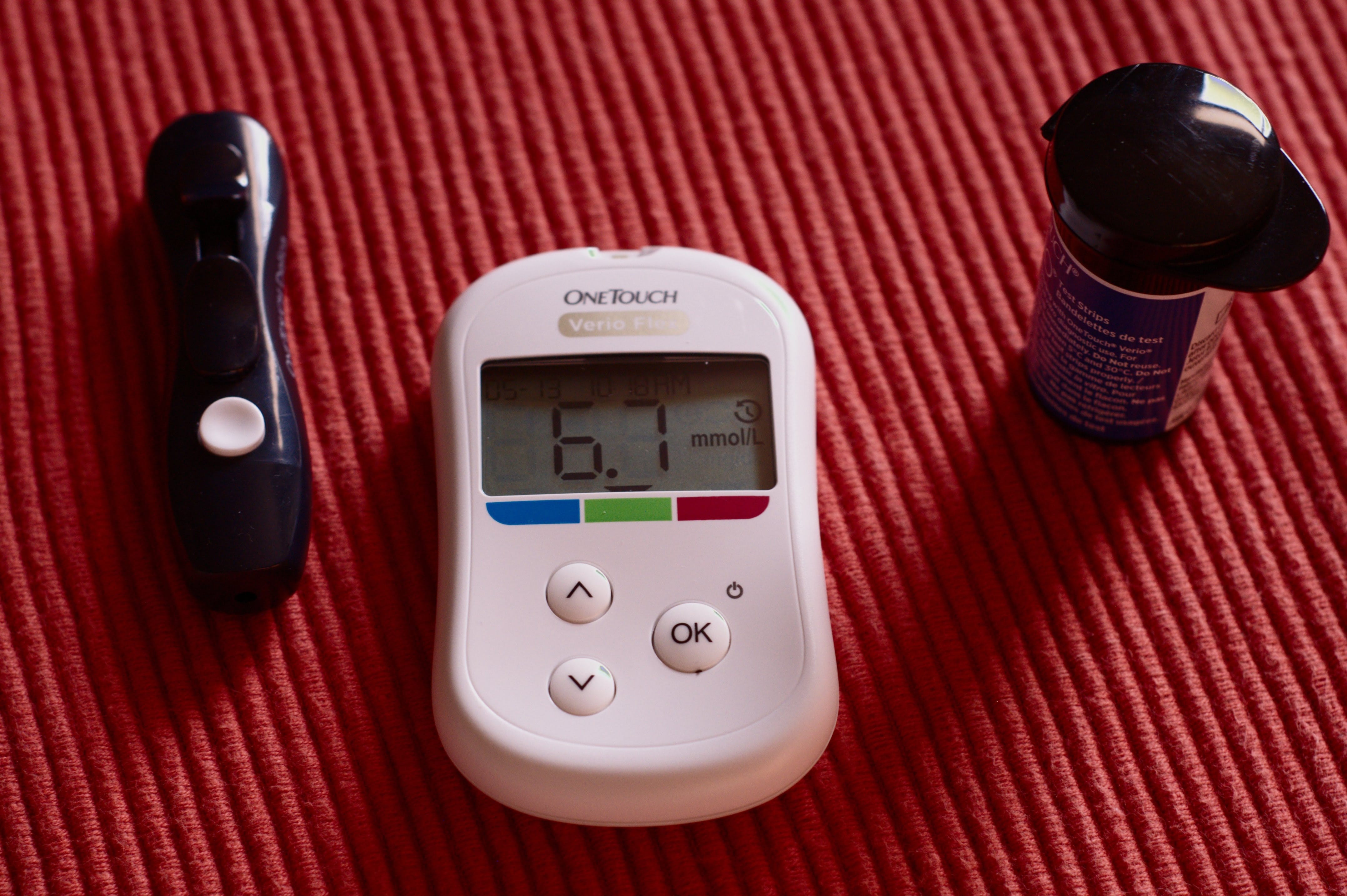In a nutshell, caffeine impacts every person individually. If you are diabetic and make every effort to manage your blood sugar levels, it will be helpful for you to monitor the quantity of caffeine in your diet.
Caffeine is a staple element of almost every person’s daily diet. If you are completely healthy then, caffeine will only act as an energizing agent for you. But, if you are living with type 2 diabetes, you must keep a check and balance of your caffeine intake. Caffeine helps eliminate the risk of diabetes in healthy individuals. Researchers have performed broad investigations to determine whether caffeine also helps those with type 2 diabetes or not.
The number of individuals suffering from type 2 diabetes is increasing consistently. Even minimum sugar intake is unsafe for diabetic patients, but caffeine intake can be have many benefits.
Understanding type 2 diabetes
Type 2 diabetes is a condition in which your body is unable to make enough insulin, causing the glucose levels to build up in your bloodstream. The good news is that type two diabetes can be easily controlled through diet and exercise along with the proper medication. Type 2 diabetes can have serious complications of the kidneys and the heart if it remains uncontrolled for a long time.
Understanding Caffeine
Caffeine is a natural stimulant of an addictive nature. It is mainly found in soft drinks, coffee, chocolates, and tea. It chemically stimulates our nervous system and makes our brain alert. The commonly selling energy drinks also contain this ‘pick-me-up’ as their main ingredient.

Currently, over 80% of the world’s population consumes a caffeinated product daily. Not only do adults love to have caffeine, but children and teenagers love it too. Keeping in mind that caffeine can cause serious damage to a person’s body if taken excessively. The dreadful story of a young loss concludes that too much caffeine intake is threatening.
Lower risk of type 2 diabetes
If you are addicted to caffeine there is a chance that you might not get diabetes. A study carried by Harvard School of Public Health concludes that the individuals who gradually increased the amount of their coffee intake over the years have an 11% lower risk of type 2 diabetes as compared to the ones who follow an undeviating coffee routine. Additionally, the study also states that those who reduced their coffee consumption by more than one cup a day are more likely to develop type 2 diabetes by 17%.
Magnesium in caffeine lowers diabetes rate
Coffee contains magnesium and chromium. If a person ingests magnesium daily, he will have a lower risk of type 2 diabetes. Magnesium has a direct effect on blood sugar levels. Various studies have proved that a higher intake of magnesium can lower the risk of diabetes. So, if you want to keep yourself away from diabetes, start increasing your magnesium intake per day by 100mg. It will decrease the type 2 diabetes risk by 15%.
It can increase blood sugar levels for insulin patients
Two 8-ounce cups of coffee have approximately 280 milligrams of caffeine. For a healthy adult, even 400 milligrams of caffeine is safe to consume. But, when it comes to diabetic patients, different studies have shown diverse results.
Although caffeine lowers the risk of diabetes for healthy individuals, it isn’t favorable for the ones who are already suffering from diabetes. It is observed that caffeine increases both glucose and insulin levels if consumed excessively by a diabetic patient. So, to avoid the adverse effects of caffeine, diabetic patients must minimize their coffee intake.
Specifically, plain black coffee may be off the list for people who already have type 2 diabetes. Caffeine metabolism affects blood sugar. People who metabolized caffeine slower exhibited significantly higher blood sugar levels than those who metabolize caffeine quicker.
Caffeine + exercise = lower blood sugar levels
Scientists experimented with people who, along with the caffeine intake, had 40 minutes of activity. Their discoveries proposed that caffeine combined with regular exercise could decrease glucose levels.
Caffeine is dangerous for diabetic patients who are obese because it affects their blood sugar and insulin concentrations directly.
Exercise has a huge importance to those who have diabetes. So, you might want to combine your caffeine intake with exercise for a positive impact on your health.
Conclusion
In a nutshell, caffeine impacts every person individually. If you are diabetic and make every effort to manage your blood sugar levels, it will be helpful for you to monitor the quantity of caffeine in your diet. But if you don’t have diabetes, you’re free to drink as many cups of coffee as you want, and diabetes will likely remain far from you.
Editor’s note: This article is provided as information only. Neither it, nor the links following this note is not meant to replace a consultation with your doctor. The links following this note were provided to Legal Reader by a friend at HealthConditions.info.
Top Resources to Help People Living with Diabetes to Thrive
Prediabetes – Symptoms, Prevention and Treatment Guide (from Lark Health)
https://www.lark.com/blog/prediabetes-symptoms
The Friends & Family Guide to Type 1 Diabetes
https://beyondtype1.org/the-friends-family-guide-to-type-1-diabetes/
Top Tips for Those Newly Diagnosed with Type 2 Diabetes
https://diatribe.org/issues/63/learning-curve
Diabetes Test Strips: Everything You Need To Know
https://www.thediabetescouncil.com/everything-you-need-to-know-about-diabetes-test-strips/
Diagnosis-Based Assistance Programs for Diabetes
https://www.needymeds.org/copay_diseases.taf?_function=summary&disease_eng=diabetes
Does Medicare Cover Diabetes Supplies?
https://www.medicare.org/articles/does-medicare-cover-diabetes-supplies/
Diabetes Education Programs in Your Area
https://www.diabeteseducator.org/living-with-diabetes/find-an-education-program
Top Mobile Apps for the Management of Diabetes
https://care.diabetesjournals.org/content/early/2017/08/01/dc17-0853
Tips for Healthy Grocery Shopping for People with Diabetes
https://www.everydayhealth.com/hs/type-2-diabetes-live-better-guide/grocery-shopping-tips/
The Best Ways to Keep Everyone in Your Home Happy, Healthy, and Well-Fed
https://www.homeadvisor.com/r/feeding-your-family-vegetarians-and-meat-eaters/
Sample 1400-Calorie Diabetic Meal Plan
https://www.verywellhealth.com/sample-diabetic-1400-calorie-meal-plan-1087071
Understanding How Resistance Training Affects Your Blood Sugar
https://diabetesstrong.com/how-resistance-training-affects-your-blood-sugar/
The Healthiest Walking Workout For Diabetics
https://www.prevention.com/fitness/a20477045/healthiest-walking-workout-for-diabetics/


Join the conversation!